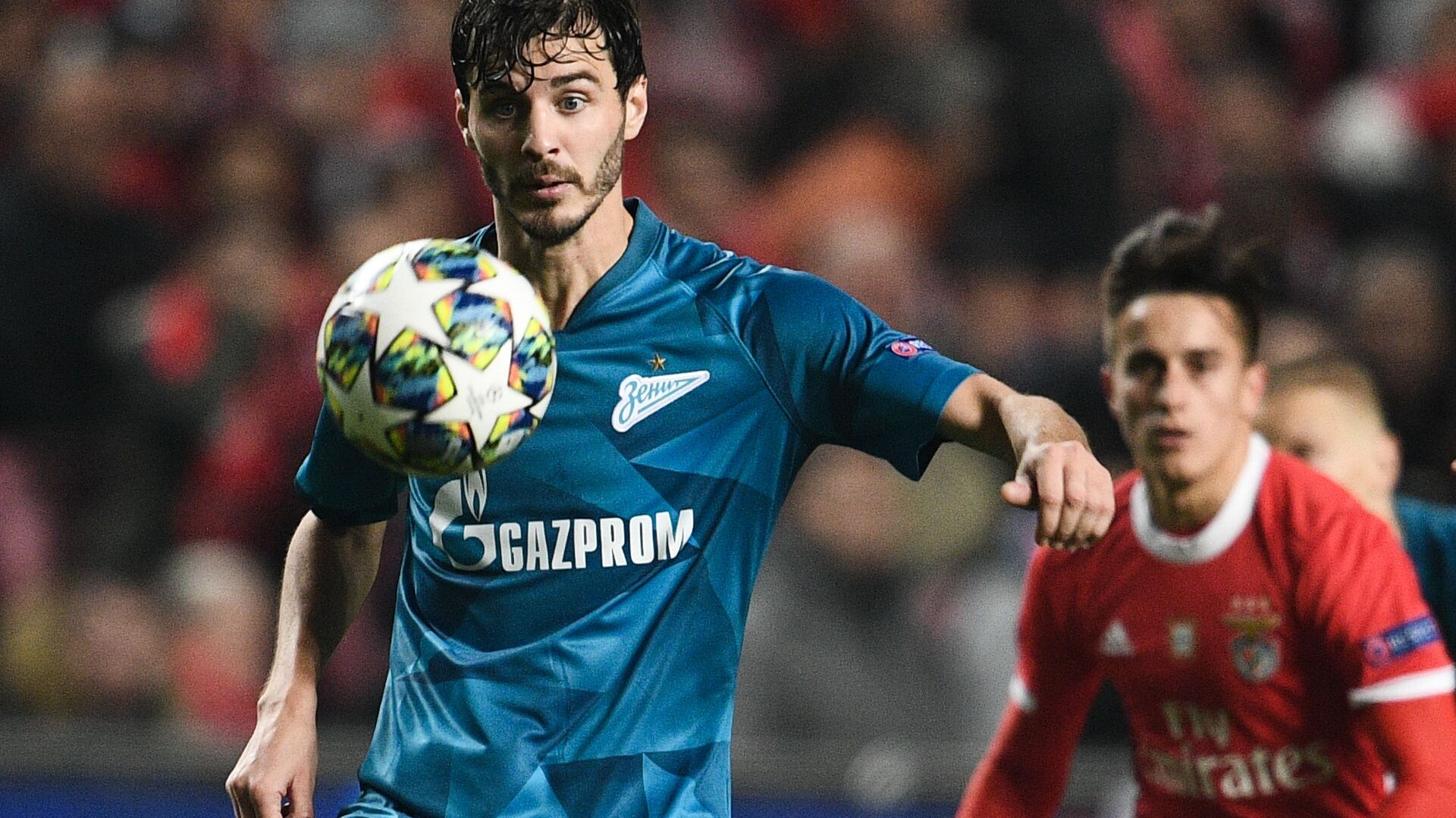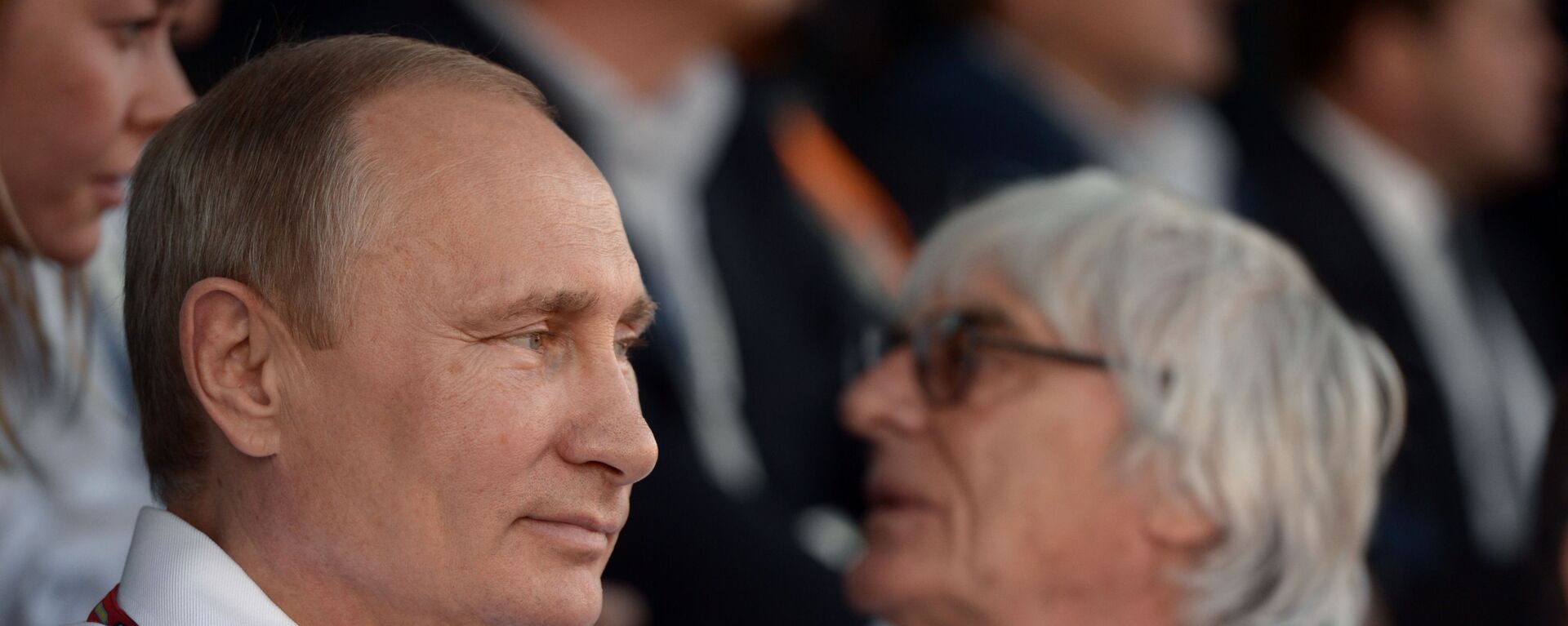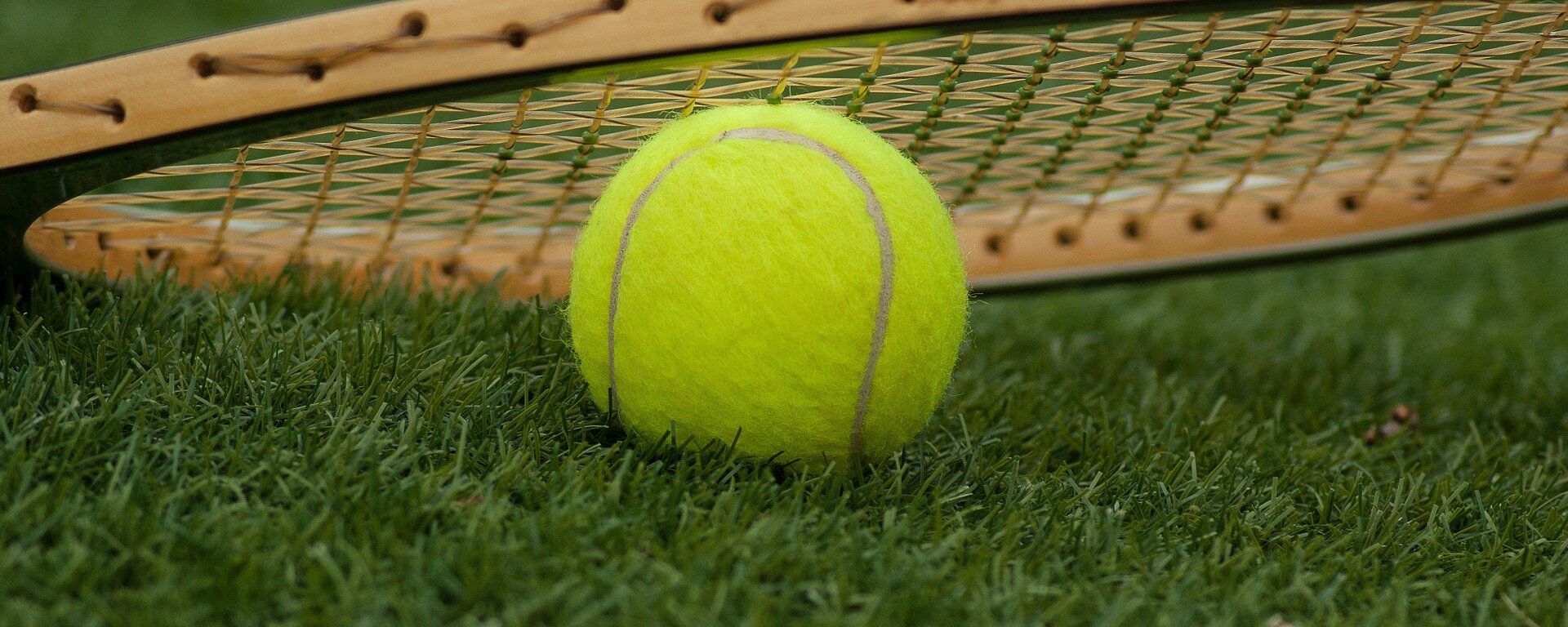https://sputnikglobe.com/20220705/russian-athletes-victims-of-us-hybrid-war-journo-says-as-cas-hears-russian-appeal-on-football-ban-1096985984.html
'Russian Athletes Victims of US Hybrid War', Journo Says as CAS Hears Russian Appeal on Football Ban
'Russian Athletes Victims of US Hybrid War', Journo Says as CAS Hears Russian Appeal on Football Ban
Sputnik International
The Federation Internationale de Football Association (FIFA) and the Union of European Football Associations (UEFA) banned Russian national teams and clubs... 05.07.2022, Sputnik International
2022-07-05T16:07+0000
2022-07-05T16:07+0000
2022-12-10T11:43+0000
football
arbitration
appeal
uefa
russian football union
fifa
court of arbitration for sport (cas)
https://cdn1.img.sputnikglobe.com/img/107753/79/1077537962_0:101:2059:1259_1920x0_80_0_0_9bab65e312514542c17d23ca799328fa.jpg
The CAS held the first of two planned hearings of the Football Union of Russia and club teams’ appeal of a FIFA/UEFA ban from UEFA competition on Tuesday.UEFA ruled in May to bar Russian football clubs from all tournaments, including men’s teams and the women’s team for the FIFA Women’s World Cup 2023. At least for the remainder of the current season, Russian teams have been banned from the UEFA Champions League, Europa League, Europa Conference League, Women’s Champions League, and Youth League. The Russian bid to host the Euro 2028 and/or Euro 2032 events has also been preemptively rejected.In arbitration filed in March, the Football Union of Russia demanded the immediate reinstatement of all teams for competition, arguing the “irreparable harm” that their exclusion would have on tournaments, including the FIFA World Cup, potential sponsorship losses, loss of experience, and loss of opportunity to compete against opponents of high standard. The Russian side also stressed that for players 30 years old or older, the 2022 World Cup constituted “the last chance of their career to play such a tournament.”The football union argued that the International Olympic Committee resolution issued in February demanding that Russian athletes and officials be barred from international competition on which FIFA and UEFA based their decisions was “generic,” “does not refer to any legal provision and is not binding upon FIFA,” and that sporting authorities were acting in a “discriminatory” manner by barring Russian players.FIFA argued that Russian teams’ presence or absence in the World Cup and the Women’s World Cup was “not guaranteed,” and dismissed the fact that some players would miss out on their last chance for their World Cup play as “irrelevant.” Furthermore, the association argued that “pursuant to CAS jurisprudence, private sports associations have a wide autonomy and margin of discretion when deciding on matters related to the competitions which they organize.” The CAS sided with FIFA and UEFA and rejected Russia’s cases in April, prompting FUR to appeal.US Hybrid War Against RussiaRick Sterling, a California-based investigative journalist who has written extensively on doping in sports, said he finds it unlikely that the CAS will rule in Russia's favor despite its case's "excellent arguments," among them the idea that you don't punish athletes for the actions of their nations."The US is openly and actively working to undermine Russia's image abroad, including in sports. They probably pre-coordinated the response to the special operation. Russian athletes are victims of the US hybrid war against Russia, as are Ukrainians and Russians," the journalist believes.Football isn’t the only sport to have suffered from politicized bans instituted by world and national sporting authorities in the wake of the escalation of the Ukraine crisis, with tennis, basketball, hockey, skating and skiing competitions also affected. The arbitrary nature of the prohibitions has been exemplified by their random nature, with Russian athletes barred from FIFA play, for example, but allowed to compete in the 2022 Winter Paralympics, and at the US Open tennis tournament.The bans affecting Russia’s football players are just the latest instance of discrimination against the country’s athletes by international sporting bodies in recent years. In 2020, the CAS stripped Russia of its right to use its name, flag, and anthem at the Olympics and world championship events for two years, largely on the basis of the testimony of Grigory Rodchenkov, the former director of the Russian Anti-Doping Center laboratory-turned-informant to the World Anti-Doping who fled to the United States and testified about an alleged Russian “state-run doping program.” Russian officials denied the allegations and accused Rodchenkov of altering doping probe data of Russian athletes to fit the required narrative.
https://sputnikglobe.com/20220630/former-formula-one-boss-ecclestone-backs-putin-over-conflict-with-ukraine-1096831935.html
https://sputnikglobe.com/20220511/top-tennis-stars-in-favour-of-penalising-wimbledon-over-ban-on-russian-players-report-says-1095424712.html
Sputnik International
feedback@sputniknews.com
+74956456601
MIA „Rossiya Segodnya“
2022
News
en_EN
Sputnik International
feedback@sputniknews.com
+74956456601
MIA „Rossiya Segodnya“
Sputnik International
feedback@sputniknews.com
+74956456601
MIA „Rossiya Segodnya“
football, arbitration, appeal, uefa, russian football union, fifa, court of arbitration for sport (cas)
football, arbitration, appeal, uefa, russian football union, fifa, court of arbitration for sport (cas)
'Russian Athletes Victims of US Hybrid War', Journo Says as CAS Hears Russian Appeal on Football Ban
16:07 GMT 05.07.2022 (Updated: 11:43 GMT 10.12.2022) The Federation Internationale de Football Association (FIFA) and the Union of European Football Associations (UEFA) banned Russian national teams and clubs from taking part in competitions earlier this year. The Football Union of Russia responded by taking the case to the world’s top sporting tribunal, the Court of Arbitration for Sport.
The CAS held the first of two planned hearings of the Football Union of Russia and club teams’ appeal of a FIFA/UEFA ban from UEFA competition on Tuesday.
Tuesday’s hearing, taking place in Lausanne, Switzerland, will be followed by a second hearing next Monday by four Russian clubs, including Zenit St. Petersburg, the reigning Russian Premier League champions, challenging their exclusion from UEFA competition.
UEFA ruled in May
to bar Russian football clubs from all tournaments, including men’s teams and the women’s team for the FIFA Women’s World Cup 2023. At least for the remainder of the current season, Russian teams have been banned from the UEFA Champions League, Europa League, Europa Conference League, Women’s Champions League, and Youth League. The Russian bid to host the Euro 2028 and/or Euro 2032 events has also been preemptively rejected.
In arbitration filed in March, the Football Union of Russia demanded the immediate reinstatement of all teams for competition, arguing the “irreparable harm” that their exclusion would have on tournaments, including the FIFA World Cup, potential sponsorship losses, loss of experience, and loss of opportunity to compete against opponents of high standard. The Russian side also stressed that for players 30 years old or older, the 2022 World Cup constituted “the last chance of their career to play such a tournament.”
The football union argued that the International Olympic Committee resolution issued in February demanding that Russian athletes and officials be barred from international competition on which FIFA and UEFA based their decisions was “generic,” “does not refer to any legal provision and is not binding upon FIFA,” and that sporting authorities were acting in a “discriminatory” manner by barring Russian players.
FIFA argued that Russian teams’ presence or absence in the World Cup and the Women’s World Cup was “not guaranteed,” and dismissed the fact that some players would miss out on their last chance for their World Cup play as “irrelevant.” Furthermore, the association argued that “pursuant to CAS jurisprudence, private sports associations have a wide autonomy and margin of discretion when deciding on matters related to the competitions which they organize.” The CAS sided with FIFA and UEFA and
rejected Russia’s cases in April, prompting FUR to appeal.
US Hybrid War Against Russia
Rick Sterling, a California-based investigative journalist who has written extensively on doping in sports, said he finds it unlikely that the CAS will rule in Russia's favor despite its case's "excellent arguments," among them the idea that you don't punish athletes for the actions of their nations.
"The US invaded Iraq and there was no denunciation let alone a punishment of athletes. The US, France and others overthrew the Libyan government, leaving a destroyed state, without criticism from the IOC or FIFA. So why are the Russian athletes being punished? One reason is because of built-in bias and prejudice. The IOC and FIFA are dominated by the West. It is very damaging that the IOC issued a recommendation that Russian athletes be discriminated against. This is a violation of the Olympic Charter against national discrimination," Sterling says.
"The US is openly and actively working to undermine Russia's image abroad, including in sports. They probably pre-coordinated the response to the special operation. Russian athletes are victims of the US hybrid war against Russia, as are Ukrainians and Russians," the journalist believes.
Football isn’t the only sport to have suffered from politicized bans instituted by world and national sporting authorities in the wake of the escalation of the Ukraine crisis, with tennis, basketball, hockey, skating and skiing competitions
also affected. The arbitrary nature of the prohibitions has been exemplified by their
random nature, with Russian athletes barred from FIFA play, for example, but allowed to compete in the 2022 Winter Paralympics, and at the US Open tennis tournament.
The bans affecting Russia’s football players are just the latest instance of discrimination against the country’s athletes by international sporting bodies in recent years. In 2020, the CAS
stripped Russia of its right to use its name, flag, and anthem at the Olympics and world championship events for two years, largely on the basis of the testimony of Grigory Rodchenkov, the former director of the Russian Anti-Doping Center laboratory-turned-informant to the World Anti-Doping who fled to the United States and testified about an alleged Russian “state-run doping program.” Russian officials denied the allegations and
accused Rodchenkov of altering doping probe data of Russian athletes to fit the required narrative.



